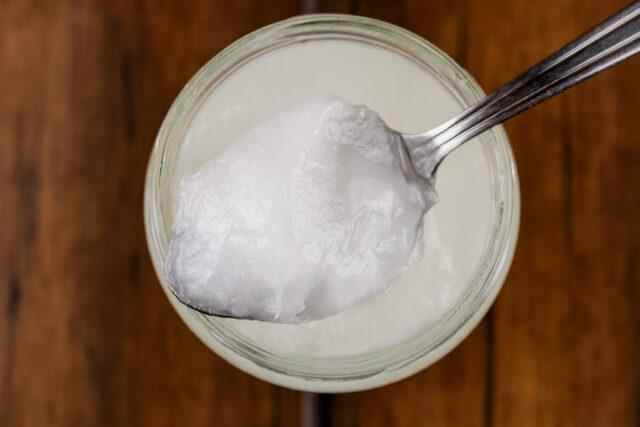Some studies have revealed that corn, sunflower, palm and soybean oils, when heated, release aldehyde chemicals, which are known to be linked to various cancers.
200X MORE!
Research led by DeMonfort University in England found that meals fried in vegetable oils contain 200 times more aldehydes than the daily amount recommended by the World Health Organization.
Interestingly, the study reveals that cooking meals with olive oil, lard, and butter produced much lower amounts of aldehydes.
COCONUT OIL IS THE HEALTHIEST
Scientists have suggested that coconut oil may be the healthiest of all oils.
Suggesting that some genetic compounds from the four natural oils may be toxic to the body, the researchers say these four vegetable oils should be avoided when frying food.

The research suggests that toxic compounds can promote the oxidation of retinaldehyde, turning food into retinoic acid. This, in turn, can lead to the growth and survival of cancer cells.
THERE ARE ALSO opposing OPINIONS
However, health agencies advise against regular consumption of saturated fat, as it is directly associated with markers of heart disease such as high cholesterol.
Moreover, some epidemiological studies suggest that there is no convincing evidence that exposure to aldehydes causes cancer in humans. The World Cancer Research Fund even suggests that eating small amounts of fat may offer health benefits by helping the body absorb vitamins.
Another study also highlighted an additional risk that comes with reusing cooking oils, warning that it may increase the risk of colon cancer.
This is because separated oils can increase cancer risk by altering genes that initiate mutation and spread of cancer. Fats consisting of monounsaturated and saturated fats tend to be more heat stable. These include rapeseed and olive oil, both of which have higher levels of monounsaturated fats such as oleic acid. (Spokesman)
